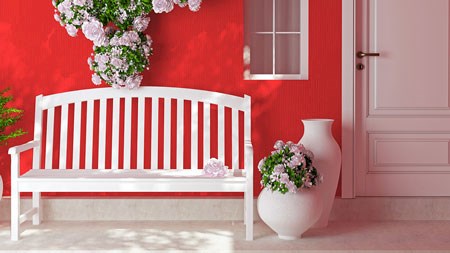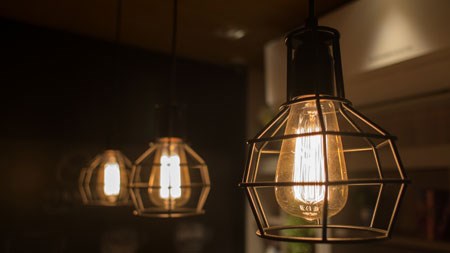Removing light fittings, the satellite dish and taking the automatic pool cleaner with you when you move out of the house that you have just sold may not seem that big a deal, but strangely it is the petty things that so often upset the applecart and lead to major disputes.
Every property sale is different and as such what goes and what stays is highly personal, for this reason it is very important to put everything into writing in the sales agreement. Sellers need to understand that in legal terms a fixture is regarded as being anything that is bolted or affixed to the home and as such forms part of the sale.
While no one assumes that the paintings on the wall are going to stay, they may well consider the water purifier that is plumbed in under the sink or the blinds that are affixed to the window as part of the sale. Another contentious issue is built-in bars with the custom made bar stools. Taking away the massed produced bar stools that you bought at a furniture store is generally viewed as OK, removing the stools that have been specifically built to compliment the look of the bar isn’t. They may not be bolted or affixed to the house but they form an aesthetic entirety with the main fixture. Removing the stools could be likened to removing the remote controls to the air conditioning unit that forms part of the sale.
Sellers often assume that buyers either won’t sweat the small stuff or won’t notice that a particular item has been removed – don’t be fooled, buyers notice most things and are going to kick up a fuss if they believe that they aren’t getting the benefit of the bargain.
Replacing certain fixtures with cheaper replacements is also taboo, unless the buyer has agreed to this. It may sound ridiculous, but there are sellers out there that believe that they have every right to take things out of the home that in real terms, they have no right to.
Once again, communication appears to be the key and if buyers are made fully aware of the fixtures situation before they sign the agreement to buy the property, the less likely that there will be arguments and disagreements once the deal has been concluded. Sellers should never assume that the buyer will understand, in most cases he won’t and if the offending object has not been specifically mentioned in the sales agreement, it stays, end of story.
For this reason, it is advisable for sellers to inspect the property with a critical eye before they put it on the market and itemised everything that will not form part of the sale. If the bathroom cabinet is a family heirloom, make it clear from the outset that it will not remain.
Make sure that everyone is on the same page and that the estate agent is fully informed. Buyers tend to be far more understanding when they know exactly where they stand, they may well even be willing to negotiate that certain items remain for a set price.
Although the courts may not overturn a sale based on the fact that a bathroom cabinet has been removed from the property, the situation could end up leaving a nasty taste in everyone’s mouth. Wise up, get your ducks in a row and make sure that everyone is made fully aware and accepts the terms of the agreement – it’s going to make the entire transaction that much more pleasant for all concerned.


